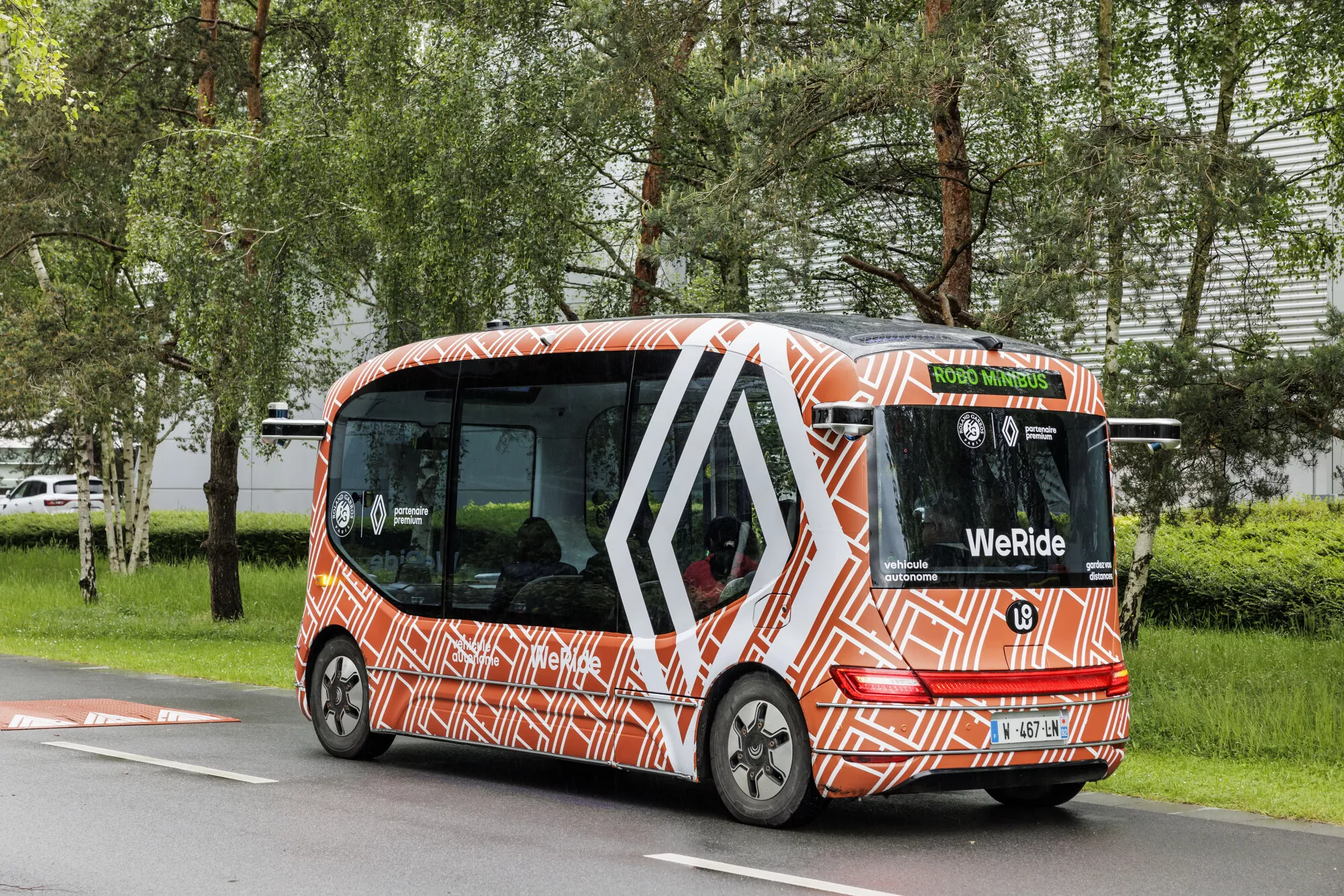
Renault Group has announced the launch of Level 4 autonomous vehicles for public transportation, marking a significant step in urban mobility. These autonomous shuttles will operate without human intervention in designated areas, integrating seamlessly into existing public transport systems.
Developed in partnership with leading technology firms, these vehicles will use advanced AI, high-definition mapping, and sensor technology to navigate urban environments safely. The Level 4 vehicles will handle complex driving tasks independently, ensuring passenger safety and operational reliability.
The autonomous shuttles will be employed in various urban applications, including cargo transport, emergency medical services (EMS), urban air mobility (UAM), regional air mobility (RAM), and tourism. These applications aim to enhance urban mobility, reduce traffic congestion, and lower emissions, contributing to a more sustainable urban environment.
The vehicles have been developed through extensive research and testing, with a focus on meeting stringent safety and performance standards. The shuttles are designed to provide reliable and efficient transportation, capable of adapting to varying traffic conditions and unforeseen obstacles.
Renault’s initiative is expected to significantly reduce the carbon footprint of urban transportation, aligning with the company’s sustainability goals. Additionally, the autonomous shuttles can lead to cost savings for public transport systems, making them a viable option for cities looking to improve their transportation infrastructure.
Renault Group plans to expand the deployment of these autonomous shuttles to various cities worldwide, with the goal of enhancing urban mobility on a global scale. This project reflects Renault’s commitment to innovation and sustainable transportation solutions.

